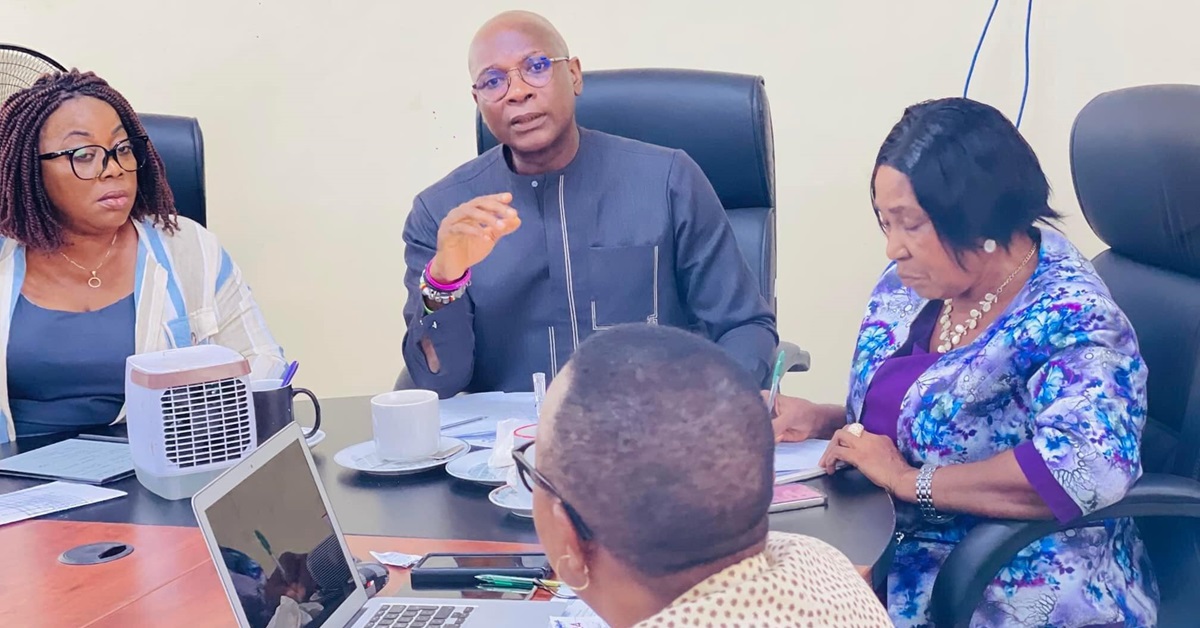Sierra Leone’s Free Education Program (FEP) is under scrutiny following severe allegations of procurement irregularities, as highlighted by the Citizen’s Forum for Democratic Accountability (C4D). In a statement dated September 9, C4D has called for urgent intervention by the World Bank, citing significant issues with the procurement processes that threaten critical educational initiatives.
According to C4D, the procurement of essential resources for two key projects— the Teacher Licensure Programme and the One Tablet Per School (OTPS) initiative—has been marred by significant delays and legal disputes. The first major concern involves the supply of toners for the Teacher Licensure examination. This component, crucial for the smooth administration of the exam, has stalled due to ongoing legal disputes despite a misleading report suggesting its completion. Marcus Bangura, Executive Director of C4D, warned that these delays not only hinder the progress of educators but also compromise transparency and accountability within the process.
The second issue pertains to the procurement of Solar Tablets for the OTPS initiative. Allegations of irregularities have surfaced, with credible evidence suggesting gross misconduct within the Free Education Project Secretariat. C4D claims these issues have led to unnecessary delays and have raised doubts among stakeholders about the integrity of the procurement process.
C4D has urged the World Bank to investigate these allegations promptly, particularly focusing on the testing of samples. The organization has also recommended that an independent body be appointed to oversee the procurement process. They argue that such measures are essential to address these concerns and prevent the loss of vital resources intended for educational advancement in Sierra Leone.
The concerns raised by C4D highlight the pressing need for transparency and accountability in the management of educational resources. The organization stresses that the resistance from the Procurement Specialist and Project Coordinator is exacerbating the situation, eroding trust in initiatives designed to benefit Sierra Leonean citizens.
The World Bank’s intervention and the implementation of independent oversight are seen as crucial steps in safeguarding the interests of Sierra Leone’s educational programs and ensuring the effective delivery of quality education.











